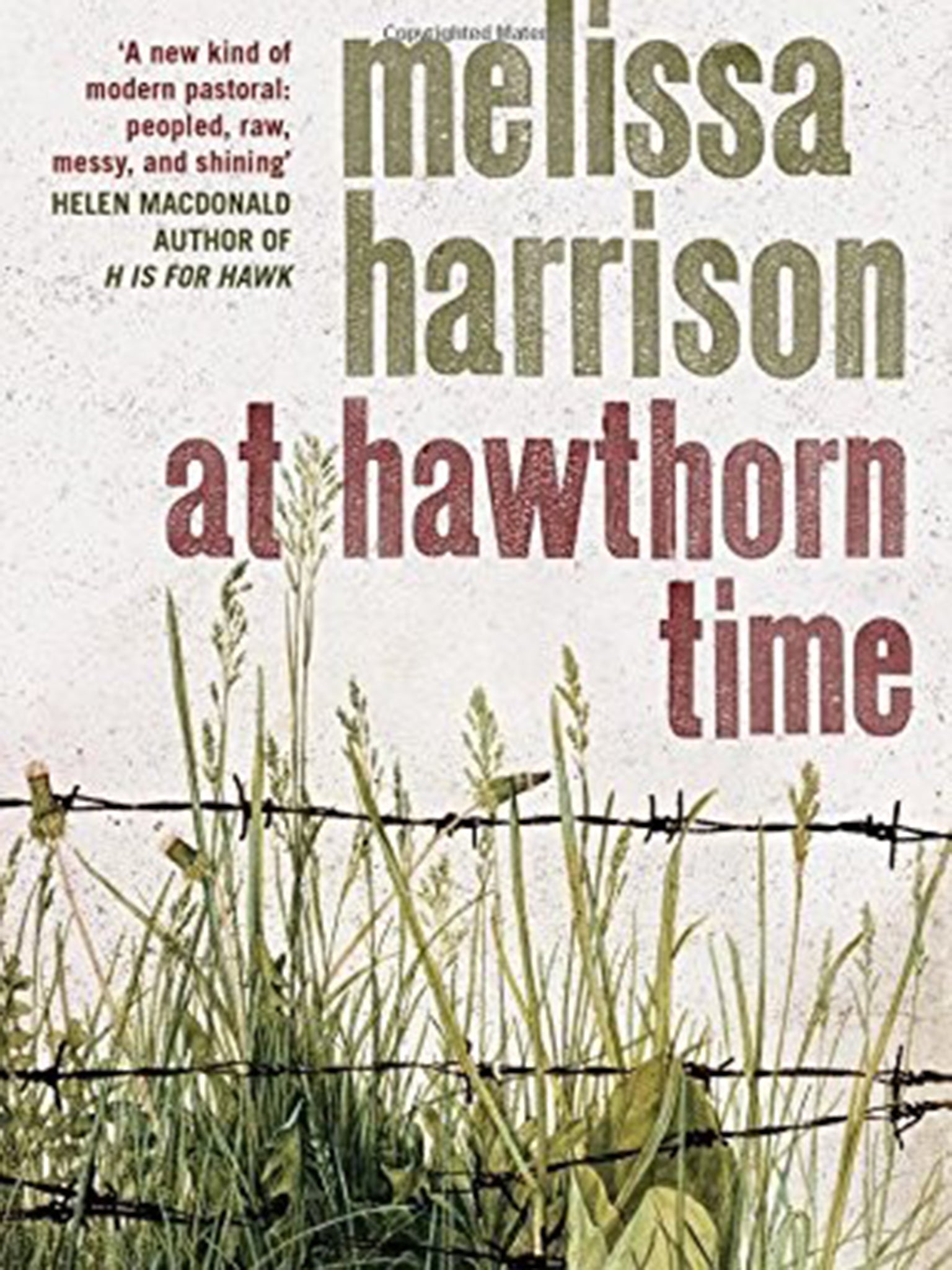At Hawthorn Time by Melissa Harrison - book review: Knee-deep in old England
Carefully crafted writing but a wearyingly elegiac mood bogs the novel down

Beginning at the end is Melissa Harrison’s tactic: the reader is witness to an accident, two cars “spent and ravished”, three bodies.
This casts some suspense over the story that follows, but the novel is as much a hymn to the ancient life-force of nature as it is a reminder of the underlying fragility of our busy modern world.
At Hawthorn Time is rooted in the English countryside, cataloguing it as April turns to May, and Harrison writes with impressive detail about our hedgerows, fields, and woodlands. Meanwhile, the human perspective on the changing seasons is three-fold. There’s Jack, a wandering visionary, often locked up for vagrancy, but who has a deep connection with the land.
There’s middle-class city-folk Howard and Kitty, who retired to Lodeshill – a fictional village north of London – and whose differing attitudes to the community form one of many fault lines in their marriage.
Finally there’s Jamie, born and bred and proud of his village, yet struggling to create a life there beyond a dull factory job and troubled family.
Harrison weaves their stories together effortlessly, shining light on each character’s search for meaning in – or distraction from – their lives, be that starting to go to church or tinkering with a beloved car. At their best, these portraits are quickened with painful, brief, revealing details: buying a Simon and Garfunkel CD for a grown-up daughter; discovering a nest deliberately destroyed.
The natural world is given the same close-up focus; each chapter even opens with a summary of spring’s advances – “Avens, dog’s mercury, harebells, vetch. Otter spoor by the river”. It’s a rare focus for a contemporary novel, and the peppering of precise knowledge begins as a delightful reminder (or education) of what’s growing out there.
But as the place descriptions build up, they come to feel somewhat laboured, being often accompanied by potted histories. These overdone remembrances are often delivered through Jack, a creation Harrison seems in awe of. Although initially sympathetic, I found that his mystical knowledge of the countryside and harking after the old ways, became tiresomely nostalgic.
While there’s carefully crafted writing in At Hawthorn Time, a wearyingly elegiac mood bogs the novel down, like a meadow after a spell of April showers.
Bloomsbury Circus £16.99
Join our commenting forum
Join thought-provoking conversations, follow other Independent readers and see their replies
Comments
Bookmark popover
Removed from bookmarks